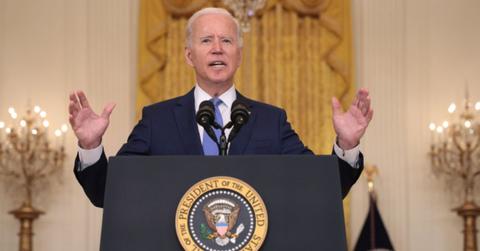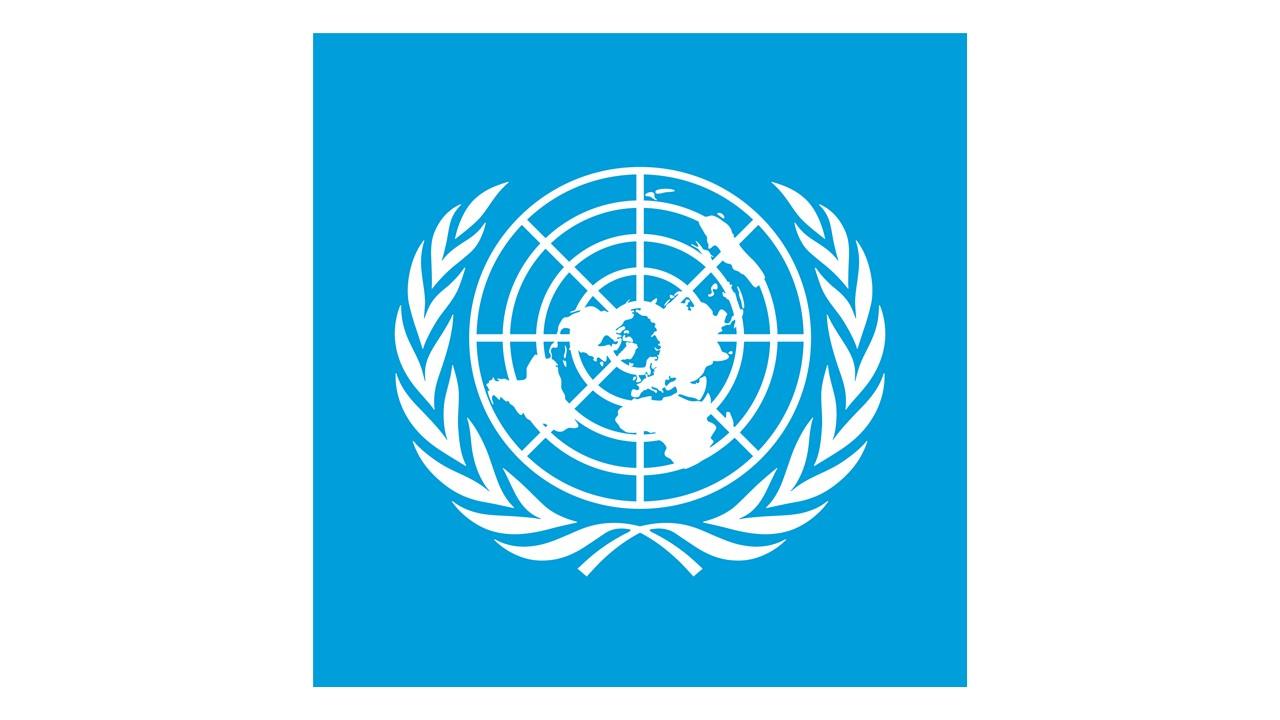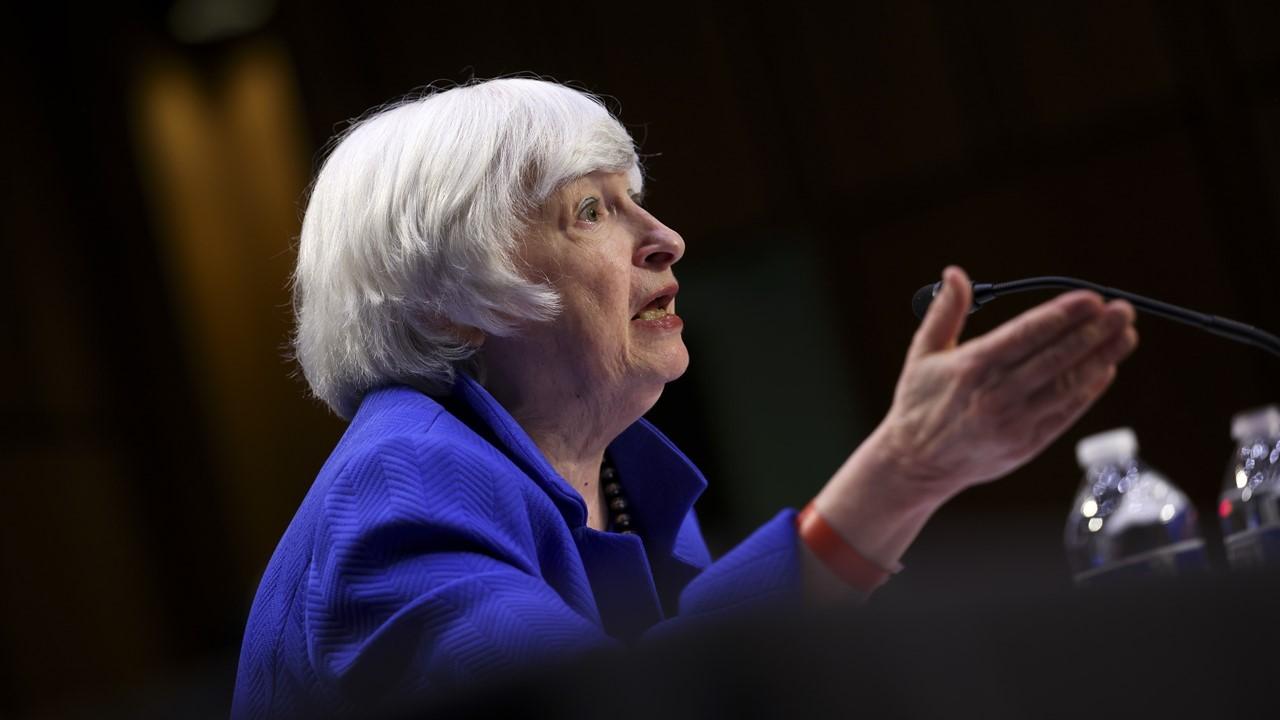Global Minimum Tax Rate Would Mean a Shift in Corporate Taxation
What is the global minimum tax, which countries have agreed to it, and what will it mean for corporations worldwide?
Oct. 14 2021, Published 12:30 p.m. ET

A massive shift in corporate taxation is in the works for 136 countries that have signed an agreement to implement a global minimum tax rate. The major goals are to require large corporations to pay a minimum tax rate of 15 percent and to make it more difficult for those companies to avoid taxation.
A global minimum tax would help to ensure a base corporate tax rate across the board in the participating countries. It might reduce the frequency of companies relocating to lower-tax jurisdictions. Although several steps remain in the process of implementing the global minimum tax, the U.S. expects to be part of the agreement.
How does the global minimum tax rate work?
The OECD (Organisation for Economic Cooperation and Development) reported on the new agreement for Multinational Enterprises (MNEs) to be subject to a minimum 15 percent tax rate. The participating countries plan to sign a multilateral convention next year and implement the agreement in 2023.

Companies making 750 million euros ($868 million) in annual sales would have to pay the 15 percent rate.
The agreement provides the allowance that governments can still set their own local corporate tax rate. However, if one country taxes at a lower rate, the company’s home country would have the option to “top up” tax rates to 15 percent and remove the benefit of shifting profits from one country to another.
Which countries use global minimum tax?
A total of 136 countries and jurisdictions, representing 90 percent of the global GDP, have signed the new agreement.
At the end of October, G20 national leaders will convene in Rome for a two-day summit to finalize the agreement. President Biden plans to attend the G20 summit prior to attending the UN climate conference COP26 in Scotland.
Hungary, Ireland, and Estonia were among the last countries to support the plan. The OECD noted that Kenya, Nigeria, Pakistan, and Sri Lanka haven't signed the global minimum tax agreement. The 136 countries that have signed include all of the OECD and G20 nations.
Impact of a global minimum tax
There are two main pillars to the minimum tax agreement.
Pillar One: More than $125 billion will be reallocated annually to their respective markets for a fairer distribution of profits and taxing rights.
Pillar Two: This implements a global minimum tax rate of 15 percent applied to companies with revenues over EUR 750 million annually. It will produce an estimated $150 billion in additional global tax revenue per year.
The OECD stated that the agreement doesn't intend to eliminate tax competition, but rather enforce limitations. Corporations will pay more in taxes overall, and tax revenue will spread more equally among countries where businesses earn sales.

Finance ministers hope that the agreement will change the policies that have harmed nations by reducing their tax revenues. Nations that might have opted to move their headquarters to a cheaper location overseas will have less incentive to do so.
European nations like France and Great Britain have said they would drop their taxes on Silicon Valley giants like Google and Amazon if the U.S. complies with the global rate.
U.S. Treasury Secretary Janet Yellen said that “virtually the entire global economy has decided to end the race to the bottom on corporate taxation,” according to The New York Times.
